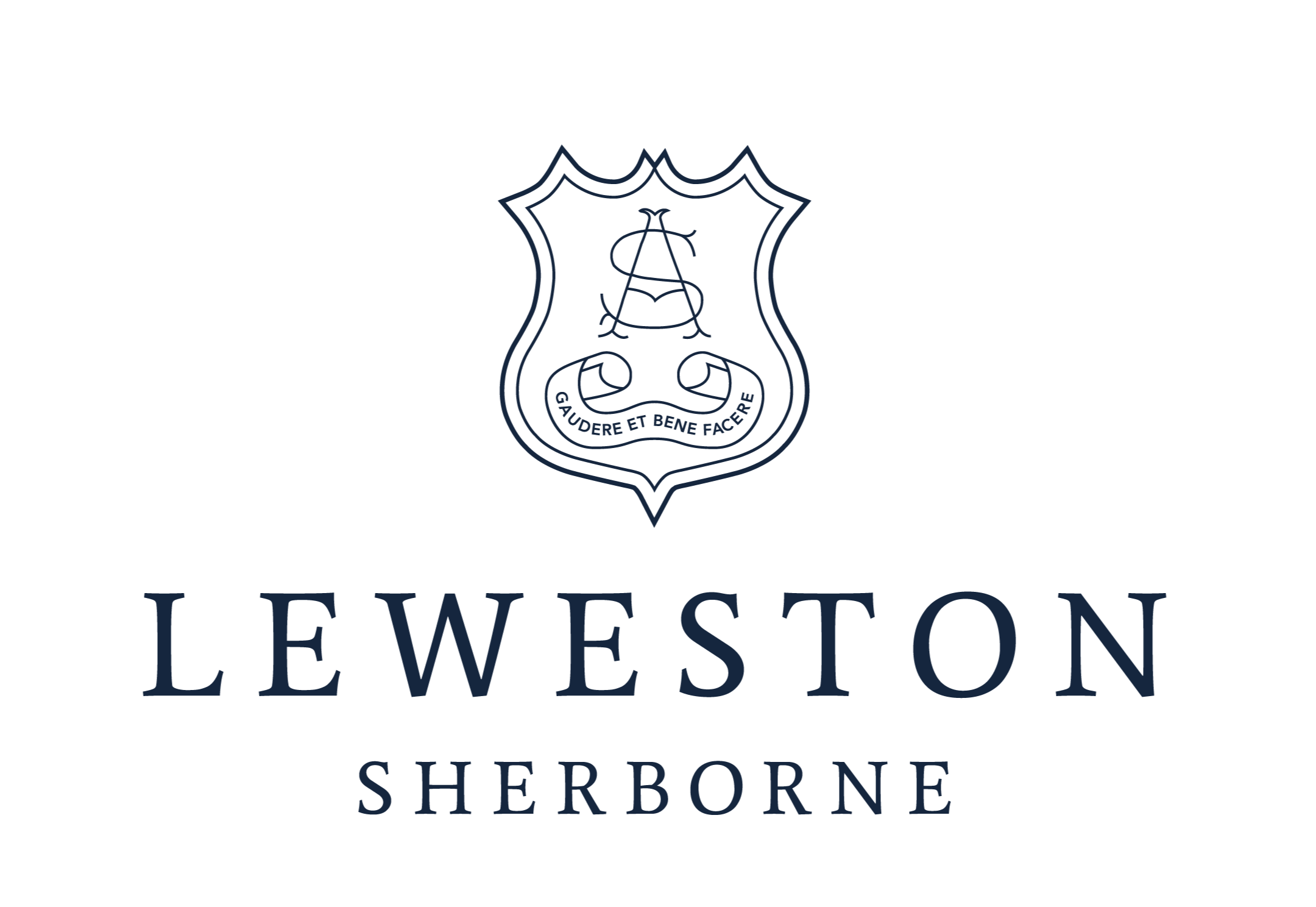From the Head's Desk - March

I am sure that like me you have been brought up by your parents or guardians well. For me this meant always saying thank you, holding doors open and clearing my plate. The idea of finishing everything on your plate is a very old one when food in this country was scarce and it is an etiquette or aspect of good manners that has only once let me down.
Twenty seven years ago I spent four months in Kiev teaching English to Ukrainians of all ages. I made many new friends and really enjoyed the experience of learning a new language and culture. I was invited to homes and businesses and, of course, parties. At one such event I found myself sitting at a long table with several other people. I was, by then, used to the generosity of the Ukrainian people so I was not surprised to find myself with a plate of food in front of me. Now at this point I should add that I have a pathological dislike of food that looks like it has been alive, any meat or fish that still has the shape and dimensions of its former earthly self makes me feel quite ill. The idea of octopodes, whole fish, whole chickens and crayfish rearing like a primordial monster from the plate fills me with dread.
The plate set before me was fish - not bits of fish- whole fish, hundreds of small whole fish gazing accusatorily at me as the great destroyer waiting for me to ingest them. Being well mannered and polite, I felt I must clear my plate. I ploughed through the dish and felt a sense of relief and achievement when I had got to the end only to have a refill placed before me. At the same time as this second dish was coming to an end I detected a change of atmosphere in the room. It was tricky to pin down but I had clearly upset to large gentleman two or three people down. I leaned in to my neighbour and asked what had upset him, he cheerfully said that it was probably the fact that I had committed the Ukrainian equivalent of eating an entire pack of Pringles without sharing and then ploughed into another without offering them to anyone else . My politeness and manners, and their politeness and manners had cancelled each other out and I felt terrible (and slightly queasy).
Globally there are huge differences in etiquette and manners. In Japan it is frowned upon to leave your chopsticks upright in your rice, in Korea it is not the done thing to take a cup of drink in only one hand, in Africa, the Middle East and India it is an absolute no no to eat with your left hand in any circumstances. In Saudi Arabia you should not show the soles of your shoes to anyone; in Venezuela it is unthinkable to be on time to an invitation, you must be late. In several cultures a thumbs up or an ‘ok’ sign is the very opposite, it shows at best dislike.
Those of you with mothers and fathers in the armed services may have heard of wardroom or mess dinners. These are tremendous fun but are littered with traps for the unwary who do not understand the etiquette of the event. Lift the port to the right and you will be fined. Try to leave to the table before being given permission and you will buy everyone in the wardroom a drink. Touch the silverware in the middle of the table and you will certain pay a forfeit and lastly, unless you have been to the Cape of Good Hope or Cape Horn you cannot put your elbows on the table, although this is good manners generally!
At this time of year we celebrate Easter - this may not seem like an event that is associated with good manners. But while Easter is about sacrifice and redemption, there is also the act of Maundy. This when Jesus washed the disciples' feet saying Mandatum novum do vobis ut diligatis invicem sicut dilexi vos or "I give you a new commandment to love one another as I have loved you". Jesus’ actions show that even the Son of God can humble Himself and his humility was copied by monarchs for centuries. It was the humility that underlies our actions and how we treat one another. You are humble, you put others first, you act as you would want others to act towards you. Immanuel Kant said the same thing, your actions should be as you would expect to be treated yourself..
I ask then that you remember to put others first and use the opportunities given to you in school, and in life, to be humble. Have the manners to open doors, to say please and thank you, to ask how someone is feeling - you would want all of those things for yourself, so do it for others. A community functions when all of its parts respect one another. I should never need to stand here and ask you to be polite, please consider others ahead of yourselves.
